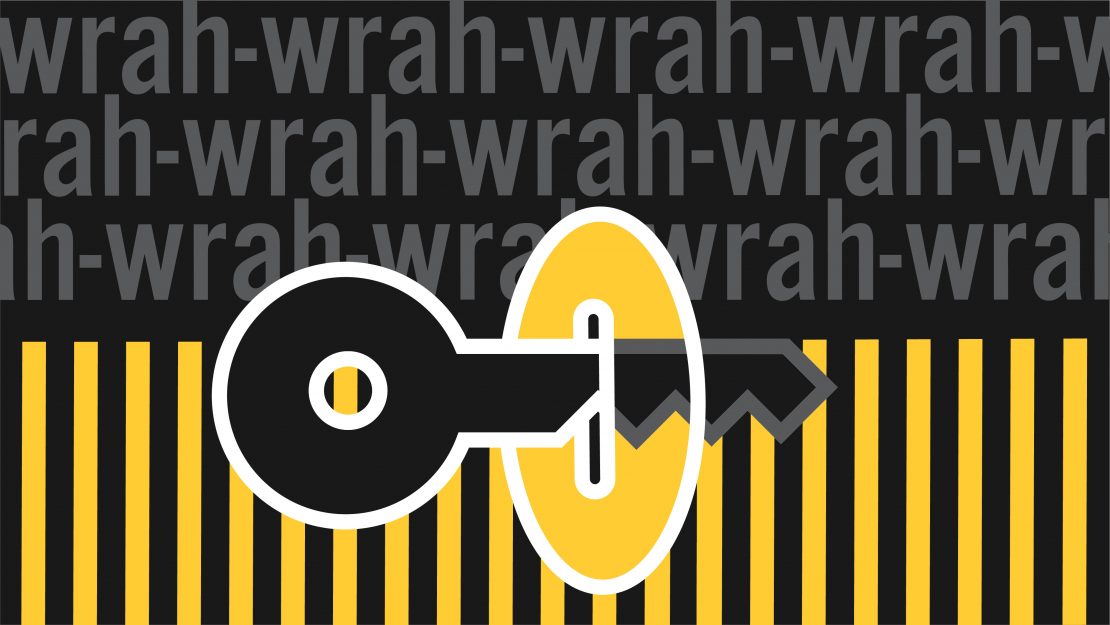Why Won’t My Car Start?
May 14, 2020
Two common problems and how to identify them
The other day, I was wrapping things up after a day of engine testing in the shop when a coworker came in with a panicked look on her face.
“My car won’t start and I need to pick up my kids! Can you come help me?”
If you’re a car guy like me, I bet you’ve had plenty of calls, texts, and cries for help just like this one. Of course, I did what I always do: I grabbed my tools and went to check it out.
1. Dead battery
This is probably the most common reason a vehicle doesn’t start (and it’s a good place to begin if you’re diagnosing your own vehicle).
Ideally, you’ll test your battery with a Multimeter to diagnose the situation. But, since most people don’t have easy access to this tool, a simple test is to try to turn on the headlights. The car’s battery controls the headlights. So if they don’t come on, then it’s a pretty safe bet the problem is your battery.

The simple (but temporary) solution: Ask someone for a jump and your car should turn over. Make sure you take it to your shop quickly after the jump though. They’ll need to run more tests to determine if the battery should be replaced or if the problem is your alternator.
Shameless plug: To help prolong your battery’s life, keep the posts and terminals free of corrosion with the BG Battery Service.
2. Faulty starter
The starter is what turns on the engine. (Pretty simple to remember right? Starter = starts.) It draws its power from the battery. That’s why it’s important to rule out a dead battery before testing the starter.

To check if it’s your starter, listen for a clicking or “wrah-wrah-wrah” noise when you try to start the vehicle. Or, you might notice your dashboard lights come on but the engine won’t turn over.
In this case, your best bet is to get a tow to a shop and have them repair or replace the starter.
As for my coworker, thankfully, it was what I suspected. When we hooked the battery up to the Multimeter it was reading 10.5V, no bueno! Voltage on a good battery should read greater than 12.4V and not drop below 10V while cranking.
I was able to give her car a quick jump and get her on her way for the evening. This bought her some time to get it into the shop for a better look at the battery and her options.
The next time your car won’t start, run through these tests yourself or call your local shop for help.
Always remember, be good to your car and it will be good to you.
Your trusted advisor in automotive maintenance,
Tommy
 By Tommy Garcia
By Tommy Garcia
BG Technical Sales Engineer
Tommy has 20 years of experience in industrial maintenance. He is a hot rod enthusiast and lover of all things automotive. Before his role as BG Technical Sales Engineer, Tommy was the Shop Foreman for the BG Proving Ground.
